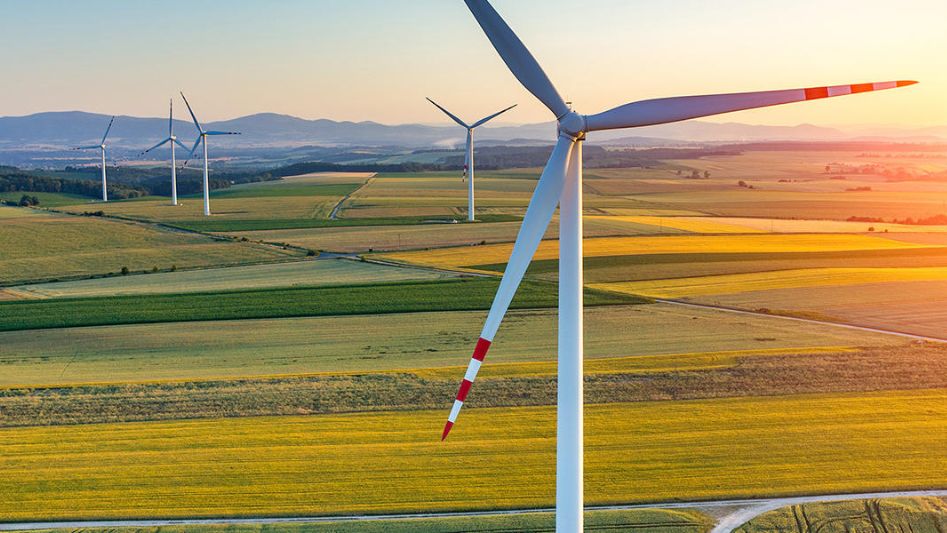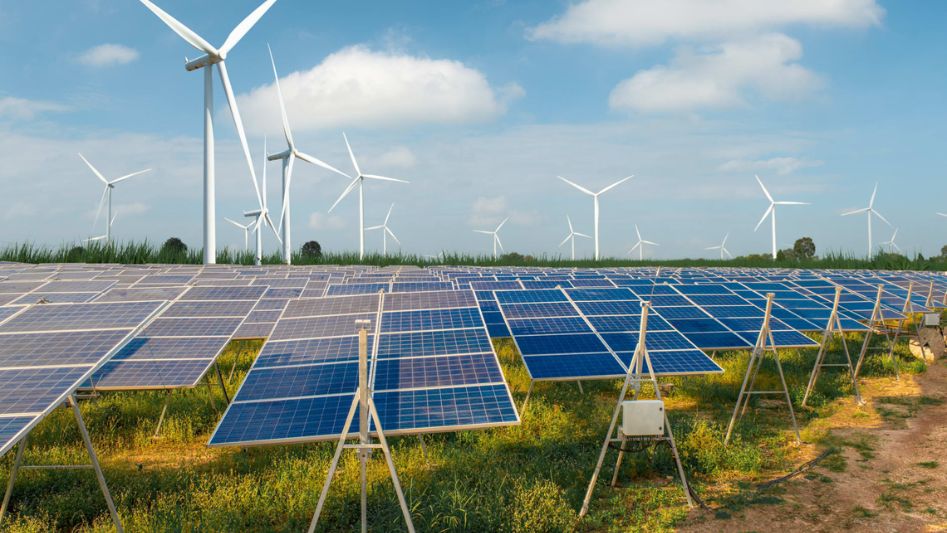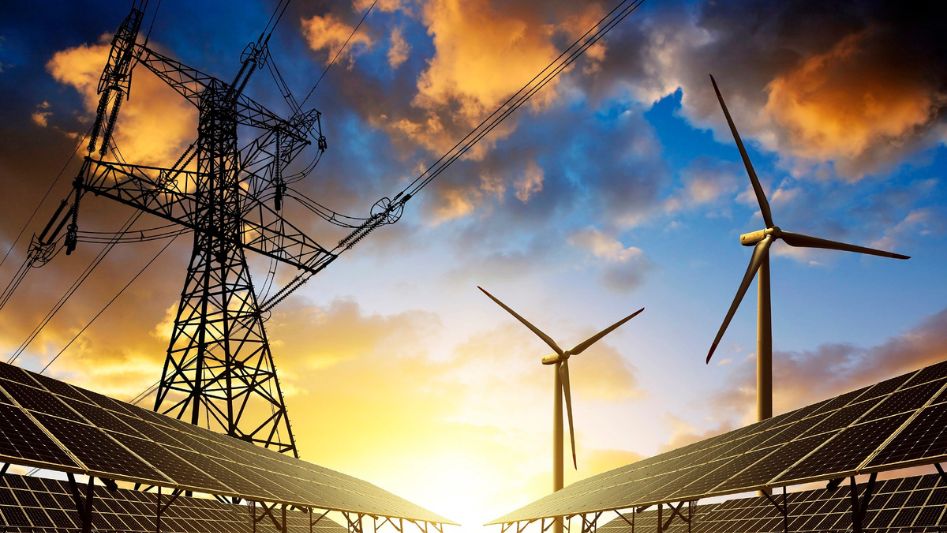Sustainability and energy are two intertwined concepts that have garnered increasing attention in recent years. As the world grapples with the consequences of climate change and the depletion of finite fossil fuel resources, the need for a renewable revolution has become more urgent than ever. While large-scale changes and government policies play a crucial role in transitioning to sustainable energy sources, individuals can also make significant contributions to this transformation. This article explores the role individuals can play in advancing the renewable revolution, emphasizing the importance of sustainable choices and actions.
Table of Contents

The Importance of Renewable Energy
Renewable energy sources, such as solar, wind, and hydropower, offer numerous advantages over traditional fossil fuels. They produce little to no greenhouse gas emissions, reduce air pollution, and are more sustainable in the long term. Additionally, renewable energy technologies have become increasingly affordable and accessible, making them a viable alternative to fossil fuels.
1. Adopting Energy-Efficient Practices
One of the most effective ways individuals can contribute to the renewable revolution is by adopting energy-efficient practices in their daily lives. This includes using energy-efficient appliances, properly insulating homes, and reducing energy waste. Simple actions like turning off lights when not in use, unplugging devices, and setting thermostats at energy-saving temperatures can make a significant difference in energy consumption.
2. Embracing Solar Power
Solar energy is one of the fastest-growing renewable energy sources globally. Individuals can install solar panels on their homes or properties to generate clean, renewable electricity. While the initial cost may be a barrier for some, there are various incentives and financing options available to make solar power more affordable. Over time, solar panels can pay for themselves through energy savings and even generate surplus electricity that can be sold back to the grid.
3. Harnessing Wind Power
Wind turbines are another renewable energy option for individuals. While not as feasible for urban areas as solar panels, those living in rural or windy regions can harness wind power. Small-scale wind turbines can provide electricity for homes or farms, reducing reliance on fossil fuels and lowering energy bills.
4. Supporting Renewable Energy Programs
Many regions offer green energy programs that allow individuals to purchase electricity generated from renewable sources. By choosing these options, consumers can encourage the growth of renewable energy infrastructure and reduce their carbon footprint. Supporting renewable energy initiatives financially or through advocacy can also help promote sustainability.

5. Electric Vehicles (EVs) and Sustainable Transportation
The transportation sector is a significant contributor to carbon emissions. Individuals can make a difference by choosing electric vehicles (EVs) or hybrid cars that have lower emissions compared to traditional gasoline or diesel vehicles. Charging EVs with electricity from renewable sources further reduces their environmental impact.
6. Reducing, Reusing, and Recycling
While not directly related to energy production, reducing waste and conserving resources play a vital role in sustainability. Reducing consumption, reusing items, and recycling materials help conserve energy and reduce the environmental footprint associated with the production and disposal of goods.
7. Educating and Advocating
Individuals can raise awareness about the importance of renewable energy and sustainability by educating themselves and others. Sharing information about the benefits of renewables, participating in community initiatives, and advocating for government policies that support renewable energy can have a widespread impact.
Conclusion
Sustainability and energy are inextricably linked, and the transition to renewable energy sources is a critical step in addressing climate change and environmental degradation. While governments, businesses, and organizations are key players in this transition, individuals also have a crucial role to play. By adopting energy-efficient practices, investing in renewable technologies like solar and wind power, supporting green energy programs, choosing sustainable transportation options, and promoting eco-conscious choices, individuals can contribute to the renewable revolution. The collective efforts of individuals around the world can help pave the way for a more sustainable and energy-efficient future.

FAQs
How can I contribute to the renewable revolution as an individual?
You can contribute by adopting energy-efficient practices, investing in solar or wind power, supporting green energy programs, choosing electric vehicles, and advocating for sustainability.
Why is renewable energy important?
Renewable energy reduces greenhouse gas emissions, lowers air pollution, and ensures a more sustainable energy future, combating climate change and resource depletion.
What are the benefits of using electric vehicles (EVs)?
EVs produce fewer emissions, reduce dependence on fossil fuels, and contribute to cleaner air, making them a greener and more sustainable transportation choice.
How can I learn more about renewable energy and sustainability?
You can educate yourself by reading books, articles, and joining local eco-groups or attending sustainability workshops.
You May Also Like
- THE GREEN REVOLUTION: HOW TECH IS DRIVING SUSTAINABILITY
- WHY ESG MATTERS: EMBRACING ETHICS, SUSTAINABILITY, AND GOVERNANCE
- GREEN ENERGY TRENDS TO WATCH: LEADING THE CHARGE TO SUSTAINABILITY
- CORPORATE SUSTAINABILITY: THE ROLE OF ESG IN BUSINESS STRATEGY
- CORPORATE SUSTAINABILITY: HOW TO MEASURE AND MONITOR PROGRESS
